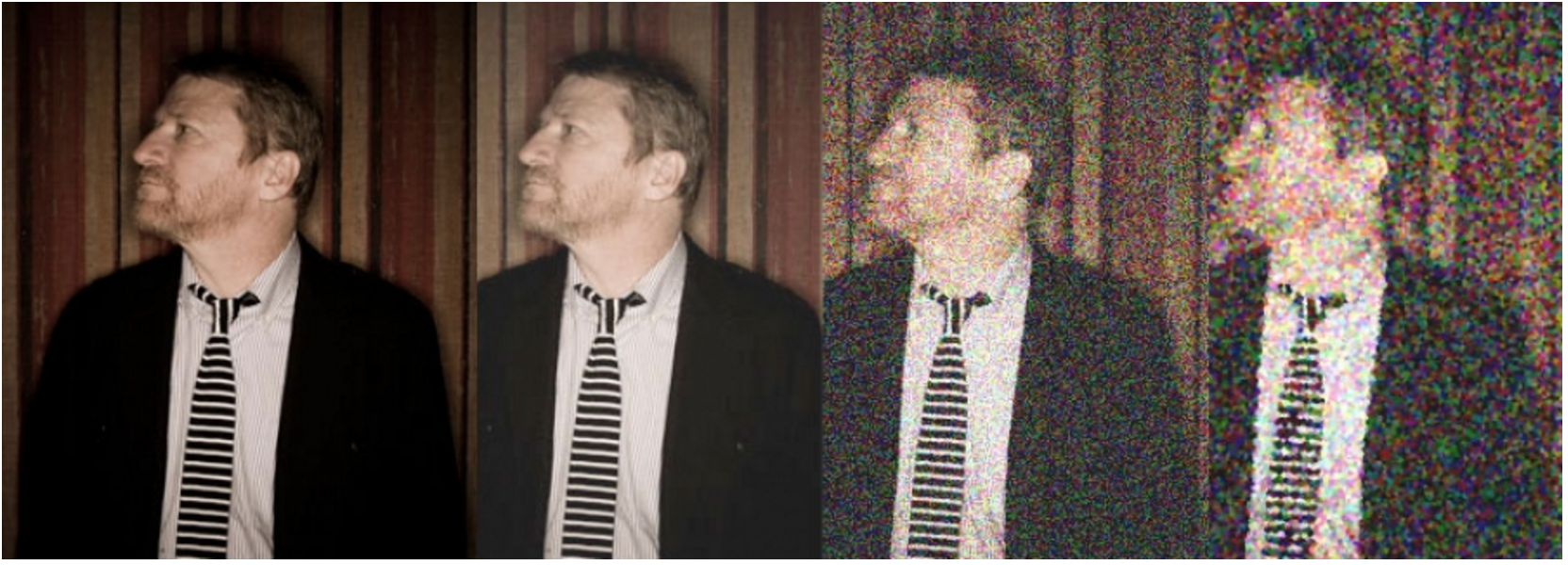HOKA - “Together We Fly Higher” (2025)
HOKA’s new brand campaign, “Together We Fly Higher,” represents the highs and lows of the journey of training and


You read that right. Camper Van Beethoven/Cracker frontman and UGA lecturer David Lowery has, according to Stereogum "filed a class action lawsuit against the music streaming service in the Central District Court of California. Lowery alleges that Spotify knowingly, willingly, and unlawfully reproduces and distributes copyrighted works without obtaining the proper mechanical licenses."
And while the lawsuit is considered class action because it represents more than 100 individuals, Lowery is specifically pointing to Cracker songs from last year's Berkeley to Bakersfield which were available for steaming unlawfully, which are “Almond Grove,” “Get On Down The Road,” “King of Bakersfield,” and “Tonight I Cross The Border.”
Four songs don't sound like much until you consider Lowery's point that this has allegedly been going on since Spotify started, on a mass scale.
To put this into context, on Friday, two days before Christmas, Spotify ever so quietly announced that they owe artists some money. A lot of money. Like, between 17 and 25 million dollars in unpaid royalties kind of money depending on which insider you ask. Spotify insiders unsurprisingly choose the smaller number. In a blog post, Spotify’s global head of publisher relations, James Duffett-Smith first patted Spotify on the back for paying "well more than $3 billion in royalties to date, including $300 million in the first quarter of this year alone," which is kind of like bragging that you paid for the groceries you bought every day.
The post continued:
One of our core commitments is making sure that everyone involved in the creation of music is paid fairly, rapidly, and transparently. Unfortunately, when it comes to publishing and songwriting royalties, especially in the United States, that’s easier said than done because the data necessary to confirm the appropriate rightsholder is often missing, wrong, or incomplete.
Today we are excited to announce that Spotify will invest in the resources and technical expertise to build a comprehensive publishing administration system to solve this problem.